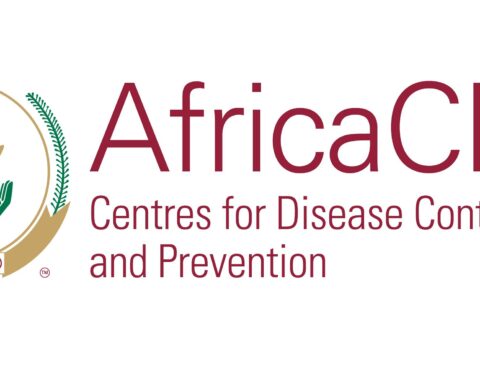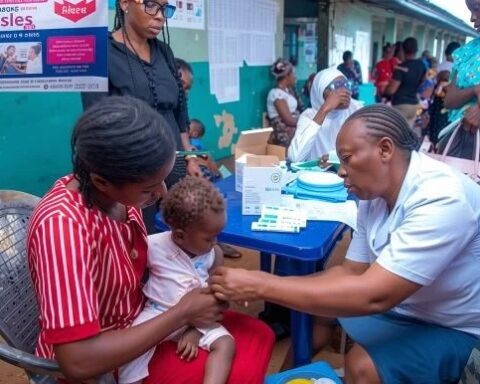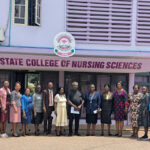Prof. Christiana Sowunmi, a Professor of Maternal and Child Health Nursing, has called for policy intervention to check proliferation of nursing training institutions in the country.
Sowunmi made the call at a public lecture, organised by the Faculty of Nursing Sciences, Trinity University, Sabo-Yaba, Lagos.
The public lecture has the theme: “The Proliferation Of Nursing Training Institutions In Nigeria: The Perceived Pains And Gains”.
She said that in recent years, there had been remarkable increase in the establishment of nursing training institutions across Nigeria.
According to her, this phenomenon presents a double-edged sword – a mix of opportunities and challenges, gains and pains.
“The Nigerian healthcare system has undergone and is still undergoing significant transformation.
“The proliferation of nursing schools aims to address the shortage of healthcare professionals in Nigeria, but quality assurance remains a critical concern.
“The rapid proliferation of nursing training institutions in Nigeria represents both a remarkable opportunity and a significant challenge.
“Balancing the gains with effective regulatory oversight, infrastructure investment, and alignment with market needs is critical.
“Through sustained policy intervention and collaborative efforts, Nigeria can harness the benefits of this expansion, while mitigating its pains – ultimately strengthening the healthcare system and improving patient care,” she said.
Sowunmi described a nurse as a person who had completed a programme of basic, generalised nursing education and authorised by the appropriate regulatory authority to practice nursing.
According to her, nurses serve as caregivers, educators, advocates, and collaborators in healthcare teams.
“Our role is essential in delivering patient-centred care, promoting wellness, and ensuring the smooth functioning of healthcare systems.
“Without nurses, the healthcare system would face significant challenges in addressing the needs of patients effectively,” she said.
Sowunmi said that, the country faced challenges in meeting the recommended ratio of nurses to the population, as recommended by the World Health Organisation.
She said that according to the Nursing and Midwifery Council of Nigeria (NMCN), as of Jan. 2025, there were 400 Nursing Training Institutions in Nigeria.
“As we look to the future, let us embrace this growth with a commitment to quality, equity, and professionalism.
“Together, we can turn this phenomenon into a story of transformation, building a healthcare workforce that is skilled, ethical, and deeply committed to the health of our nation,” the professor said.
Follow us on all social media platforms @dailyquery for news and analyses around the globe.



























